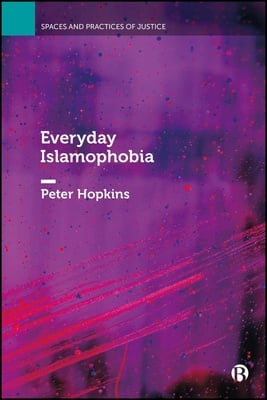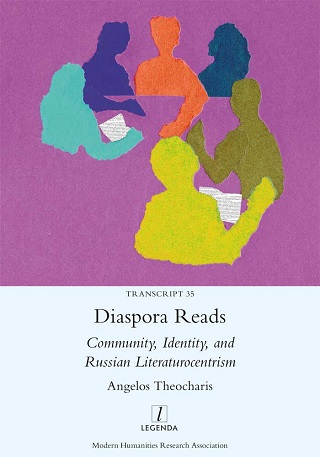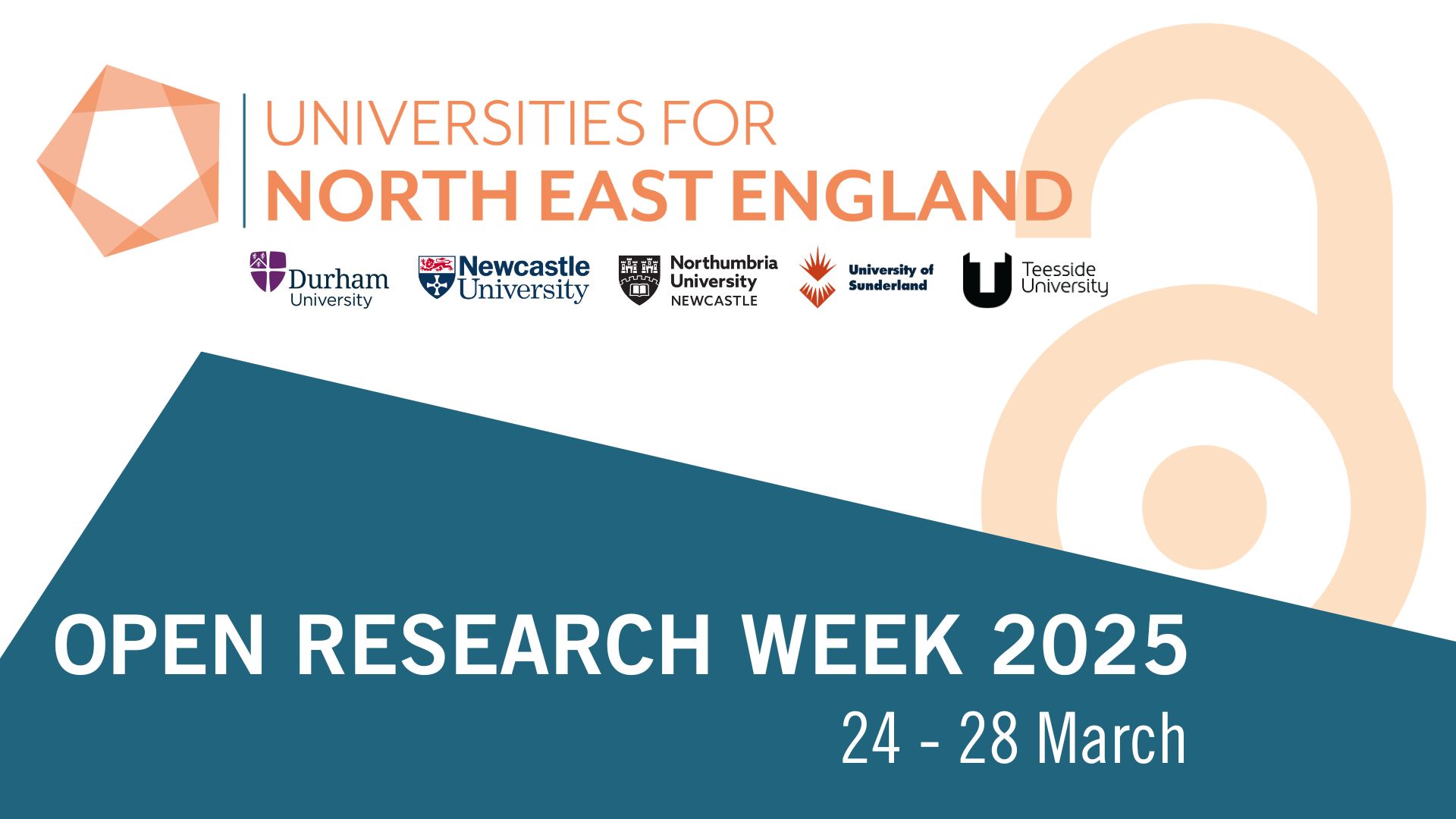Sustainable Food Consumption in China: Changing Foodscapes, Values, and Practices by Alex Hughes, Shuru Zhong, Mike Crang, Guojun Zeng, Fernando Fastoso, Hector Gonzalez Jimenez and Bob Doherty, has been published open access by Routledge, as part of their Critical Food Studies series.
Sustainable Food Consumption in China investigates the current and potential roles of food consumption to address sustainability challenges in China.
Focusing on the megacity of Guangzhou, it looks at sustainability and food from the perspectives of government, commercial, and third sector actors, and through the lived experiences of consumers. It charts the rapidly transforming landscapes of retail across urban China and the ways they are shaping and are shaped by everyday food consumption practices. Using a multi-method research approach of quantitative and ethnographic data, it provides readers with a rich and comprehensive understanding of the relationships and tensions between contemporary practices of food consumption and pressing sustainability challenges. It unpacks the complex foodscape in contemporary Chinese cities, from traditional wet markets to online deliveries, from supermarkets to farmers markets and alternative food providers, to understand the values and practices promoting and hindering sustainability in food consumption.
The book is intended for academics from advanced undergraduate level through to Masters, postgraduates and scholars across key social science disciplines including Geography, Sociology, Anthropology, and Business, and internationally given the global interest in the focus on China.
This is the third book published at Newcastle as a result of the UKRI open access policy for long-form publications, with open access costs covered by UKRI funding. You can read the other books:
The UKRI open access policy aims to ensure that findings from research funded by the public through UKRI can be freely accessed, used and built upon. The policy was updated at the beginning of 2024 from previously focusing on peer-reviewed research articles to now include long-form outputs, namely book chapters, monographs and edited collections.
Full details of the UKRI open access policy and how we in Library Research Services can support you to publish open access can be found on our UKRI Policy for long-form publications page.
If you have any questions or concerns about the policy, and how this might affect any current or future publications, please contact openaccess@ncl.ac.uk.






